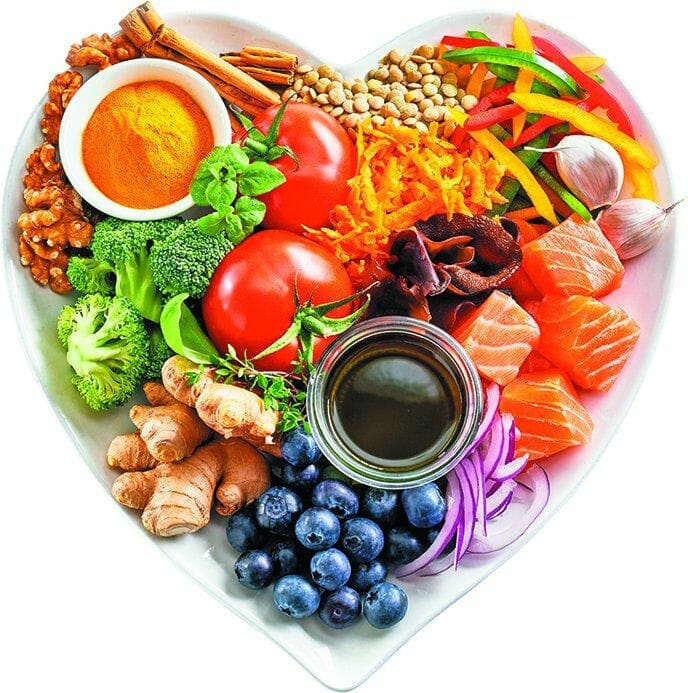How much do I need to eat?
Most people burn 1400 to 1800 calories just to stay alive and perform basic life functions each day, nutrition-wise. On top of that, athletes require additional calories to support the energy expended through training. This can be anywhere from a few hundred to a few thousand depending on the duration and intensity of the training. In short, you need to eat a lot, likely more than you already are, to support general good health and promote efficient energy usage during training with proper nutrition.
I can’t seem to eat anything during training, what can I do?
The gastric system is sensitive, and if you are competing in a sport that jostles the stomach around, like running or hurdling, or are experiencing competition nerves, keeping food down can be difficult. You may also be sensitive to certain types of sugar. In any case, start by eating small bites of food or sips of drinks an hour before training and work your way up to taking in small bites both before and during training until you can tolerate the full amount you need. Make sure to take in additional recovery nutrition to replenish the body until you are able to take in enough before and during training to support your exercise.
Do I really need to have recovery nutrition?
Yes and no. For athletes who are tackling two-a-day workouts or high-volume training, consuming a combination of protein and carbohydrates within 30 minutes is key to rapidly replenishing the body so it is ready for the high demands of your training routine. For athletes doing shorter workouts with roughly 24 hours between sessions, rapidly replenishing the body is not necessary as long as a high-quality diet is consumed.
Should I eat before a morning workout?
If you’re heading out on a very hard or long training session, then yes, it is going to be beneficial to top off energy stores after a night’s fast. If the training is short or not a key performance session, you can likely complete the session without extra fuel. When working out on empty, you might not feel as energized as usual, but that’s normal. However, if you feel faint or dizzy, stop and eat something. Fasted workouts can provide adaptations in the body that might lead to enhanced performances later on when the correct fuel is provided.
Is one diet better than others?
The best diet is the one that works for you. For most of us, that isn’t a ‘diet’ at all, it is a way of eating that is balanced, largely unprocessed, mindful and includes a large variety of foods.
Do I need a supplement?
Probably. Most of your nutrients (vitamins, minerals and phytonutrients) should come from your high-quality diet. However, athletes need more of these supportive compounds than others, and it can be hard to obtain it all from a good diet. If you are restricting calories or following a diet that excludes a group of food (vegan, grain free, etc.) you are likely missing out on something. A daily vitamin can help supplement your needs.
How do I eat to get abs?
Your body is made in the kitchen, not the gym. While training will definitely make you stronger and faster, eating habits will make you leaner and fitter. To eat for the body you want, consider your goals, cut the junk and focus on eating better not less.
I always seem to lose energy at the end of a long workout. What can I do?
If you find yourself bonking at the end of workouts, it is a sign you do not have the energy stores to complete the effort. Start fueling your workout early and often, aiming for 60 grams of carbohydrate each hour.
Do I really need to eat carbohydrates?
Absolutely. This macronutrient is the preferred source of energy for your body at high intensities. Beyond being the best fuel for performances, carbs supply fiber and nutrients that keep your body healthy and regular. The more hours a week you train, the more carbohydrates you need each day. Save the simple carbs for fueling workouts and the complex carbohydrates for mealtime.
What’s the one thing I should start doing now to eat for performance?
Treat your nutrition like you treat your training. Set eating goals to go along with your workouts. Track your intake just as you track reps, power, speed and mileage. Train yourself to improve eating behaviors just as you train your muscles to work harder. If performance is your goal, you can’t act like eating and training are separate things; they work together to help you meet your goals. If you’re finding all this to be a struggle, reach out to a sports dietitian for assistance.
Inspiration provided by Lori Nedescu, MS RD CSSD here.
Click here to read Why It Is So Important To Log Your Workouts.

